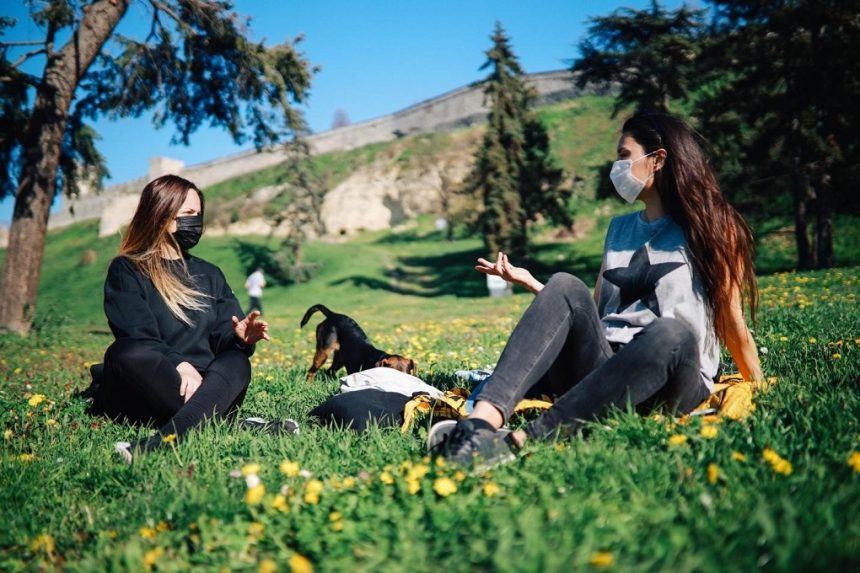By Natalie Taylor
Like everything else in our lives, even friendships have been affected by the pandemic. Two main factors have come into play. The first, is the obvious distancing forced upon us with the lockdown. These are the social encounters that we miss—gatherings at home or at a restaurant, intimate conversations over coffee or a glass of wine, serendipitous meetings that can lead to a pleasant chat, and perhaps a dinner date. These can and will be recovered when we return to normal.
But another factor can strain or even break a friendship. It’s the disparity in how we confront the pandemic. It has to do with our different levels of risk-aversion and concern for the welfare of others. In my personal circle of friends and acquaintances we all seem to share the same regard for others—masks, social distancing, and hand hygiene. But there are differences. Some have sequestered themselves for the past 7 or 8 months, not coming out of their homes or allowing anyone in. Others, while following most protocols, do meet in large social groups, dine indoors, and pretty much continue life as if the pandemic never took place.
Different personality types are generally more or less risk-averse. Those in good health and without previous severe illness, may consider themselves unlikely to catch the virus or suffer much if they did. Those with underlying conditions, naturally worry more about contracting the virus and may experience high anxiety levels.
Pragmatically, we know that nothing in life is without risk; activities during the pandemic fall within a spectrum of infectability. If you wanted 100 percent certainty of not contracting the coronavirus, you would isolate yourself and avoid any contact whatsoever with any other human being. At the other extreme, gathering with many people indoors without masks, is almost a guarantee that you will be infected. Everything in between carries a risk. Even walking your dog exposes you to the potential of the virus attaching itself to the animal’s fur and then transferring on to you.
So how do we deal with friends with different outlooks? As with other aspects of friendship, respect is at the core. Instead of being accusatory or judgmental, a better approach is to explain your position and the reasons for it. A statement coming from genuine concern for one’s needs instead of an attack from “a moral high ground” is much more effective according to psychologists. If a friend does not respect your health protocols then perhaps it’s best to honestly explain that you cannot continue socializing because of the differences. This candid and kind approach can put a suspension on the friendship but does not mean an end to it. When the contingency is over, you have a chance to once again return to the former relationship. Or not.
COVID-19 can reveal your tried and true friends, or as psychologist Brenda Heidman calls “heart friends.” You don’t need an abundance of friends, a few tried and true are much more valuable than a slew of fair-weather ones.

